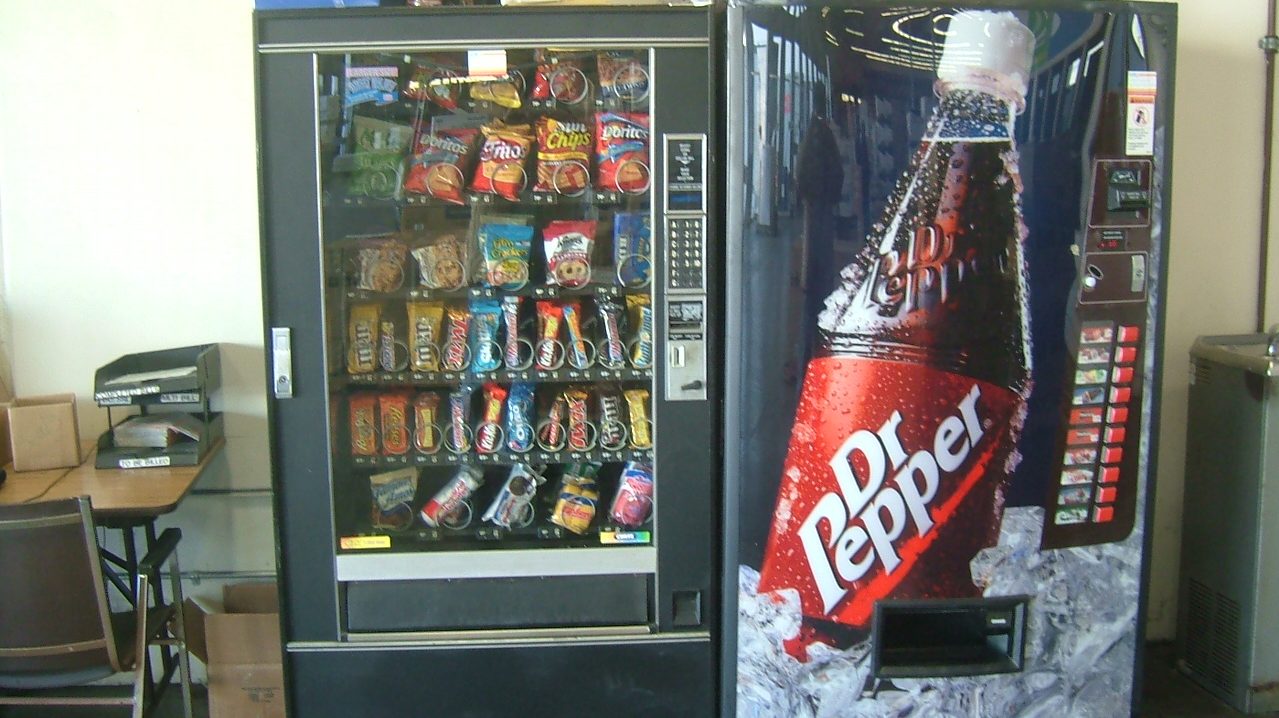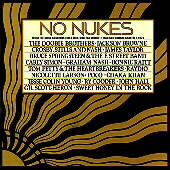晩秋の夜長に自作の¥12800真空管アンプとCDでNO NUKESを聴く。
DENONのスピーカ SC-F102SG \13000とあいまって、結構いい音だ。
染みとおるアノ頃の古臭いロック。
ロックは、なんて柄になく思う。 Amazonの同世代と思われるアメからの書き込み。
アンプからノイズが出だした。 電解コンのアースを触るとビリビリと感電するがハムノイズは出なくなった。
ラグ端子へのアースの具合が悪いみたい。 電解への半田付け不良かー。アナログは難しいねー
クルマで言えばキャブの機嫌をだまし、だましってところか。 でもよくなった、いい感じ。
ディジタルなんて言葉もなく、携帯もなかったこの時代。
この時代のロックが、一番よかったと思えるのはオヤジの郷愁からだけなのでしょうか?
商業主義の台頭で、イーグルスが1969年でスピリッツは終わったと歌ったウッドストックから10年後、
まだまだアーティストが音楽によって時代を変えようという熱気が感じられていました。
K君もきっと聞いているんだろー。グラハム・ナッシュ、ボス・ブルース・スプリングティーン、ニコレッタ・ラーソン、ジャクソン・ブラウン、チャカ・カーン、ドゥービー・ブラザー、ジェームス・テイラー、トム・ペティ、ボニー・レイト。
1979年 不思議な年である。 新宿のディスコたちも終わりを告げつつあり、マイケル・ジャクソンやマドンナが出だす前の、シンセサイザーが世の中を席巻するまえの、アナログ・手作り のロックの最後の年。
ライ・クーダーのリトル・シスター、スライドギターがすごくココチよい。
http://www.amazon.com/No-Nukes-Various-Artists/dp/B000002H48
I suppose just about anyone could find a reason to give a listen to the ‘No Nukes’ recordings. For many, some of the earliest and most blistering live tracks from Bruce Springsteen, still on his career ascent, which are offered here are reason enough to own these discs, even if he shares CD space with Chaka Khan. Others may find their appeal in the workmanlike presence of Graham Nash, Jackson Browne, James Taylor, and The Doobie Brothers, who perform solo and are all over the place singing duets and background for other performers willing to ante-up in the fight against fission. Despite my own appreciation for Crosby, Stills and Nash, what really caught my eye here was what amounts to a cameo appearance by Gil Scott-Heron, offering up one of his finest moments (and as a Detroiter one I can readily identify with) on the ominous yet funkified ‘We Almost Lost Detroit’. Next to ‘Johannasburg’ this is my favorite Gil Scott-Heron composition. Unfortunately, it appears on a wonderful, but unreleased CD Scott-Heron produced in 1977 with Brian Jackson, ‘Bridges’. It tells a slightly overblown tale about a malfunction at one of the two Fermi nuclear plants near Detroit. While the mishap could have theoretically progressed into a full-blown meltdown, the generator was quickly shut down and catastrophe was readily averted. So while it didn’t come close to producing a Chernobyl, it did produce one funky protest song, and Scott-Heron gives it an inspired treatment on ‘No Nukes’
1979 was a strange, transitional year in music. Disco was all but dead, yet it’s brief success had ushered in a retreat from the expansive progressive rock that had enshrined the late 1960’s and early 1970’s. Something new had to be on the horizon, even with Bruce Springsteen assuming the role of heir apparent to those who would proclaim (along with Neil Young) that "rock and roll will never die". No one could have predicted, however, that even for Neil Young, the 1980’s would plunge rock and roll even deeper into an abyss of ill-employed synthesizers, and open the door for a reborn Michael Jackson and the birth of a Madonna as the dominant forces on vinyl and cassette.
So ‘No Nukes’ offers one last gasp for the faithful few from the golden age of rock and roll who had somehow weathered the disco storm. Virtually all of the performers are in their prime, and some, such as Nicolete Larson, Raydio, Tom Petty, and even Bonnie Raitt, are able to truck in some pretty recent hit material. The Doobie Brothers, who open and close the set presented here, are in top form as well. The Crosby, Stills and Nash tracks sound a bit dated, even though they are preceded by Springsteen’s covers of four songs that pre-date anything CSN offer up. There is more crowd noise on the softer tracks than one would wish (why would anyone even want to unleash a two-fingered whistle in the middle of a song like ‘You Don’t Have To Cry’ anyway?). But the boys do serve up an edgy ‘Long Time Gone’, whose lyrics settle well with the MUSE (Musicians United for Safe Energy) theme. Some of the tracks, such as CSN’s closer, ‘Teach Your Children’, and Jesse Colin Young’s Youngblood’s classic ‘Get Together’ are marred by the dreaded audience sing-a-long… a nice one-time experience for the audience, but torture for the owner of the recording who must listen to a mass of amateurs singing like a tone-deaf choir over and over and over…
While everyone can find something to like on ‘No Nukes’, it’s also likely that it’s wide range of artists and genre’s will guarantee there is something you won’t like. While most of the tracks were either hits (consider James Taylor and Carly Simon belting out a live version of ‘Mockingbird’) or the main attraction on studio LP’s (Jackson Browne’s ‘Before the Deluge’), some out-of-the-mainstream material also appears, such as John Hall’s ‘Plutonium Is Forever’, which lends a sarcastic twist of the knife into the nuclear power industry’s back. Predictably some tracks that look good on paper come across uninspired, such as the James Taylor-Carly Simon-Graham Nash take on Dylan’s ‘The Times They Are A-Changin’ and Ry Cooder’s ‘Little Sister’, which you keep waiting to take off but just keeps circling the tarmac.
The liner notes are extensive, but oriented toward an indoctrination for the ‘No Nukes’ agenda rather than commentary and anecdotes surrounding these Madison Garden concerts. If this was all the information you had, you would undoubtedly conclude Jimmy Carter was a fool for not installing a line of windmills along the Continental Divide, and a massive array of solar panels covering the southwestern U.S. Oh, well, at least it gave some of these soon-to-be-out-of-work artists one last excuse to fuse their talents before they turned out the lights on the 70’s (pun intended). Four stars ’cause Stephen plays some wicked guitar, but I may be straining my credibility.

